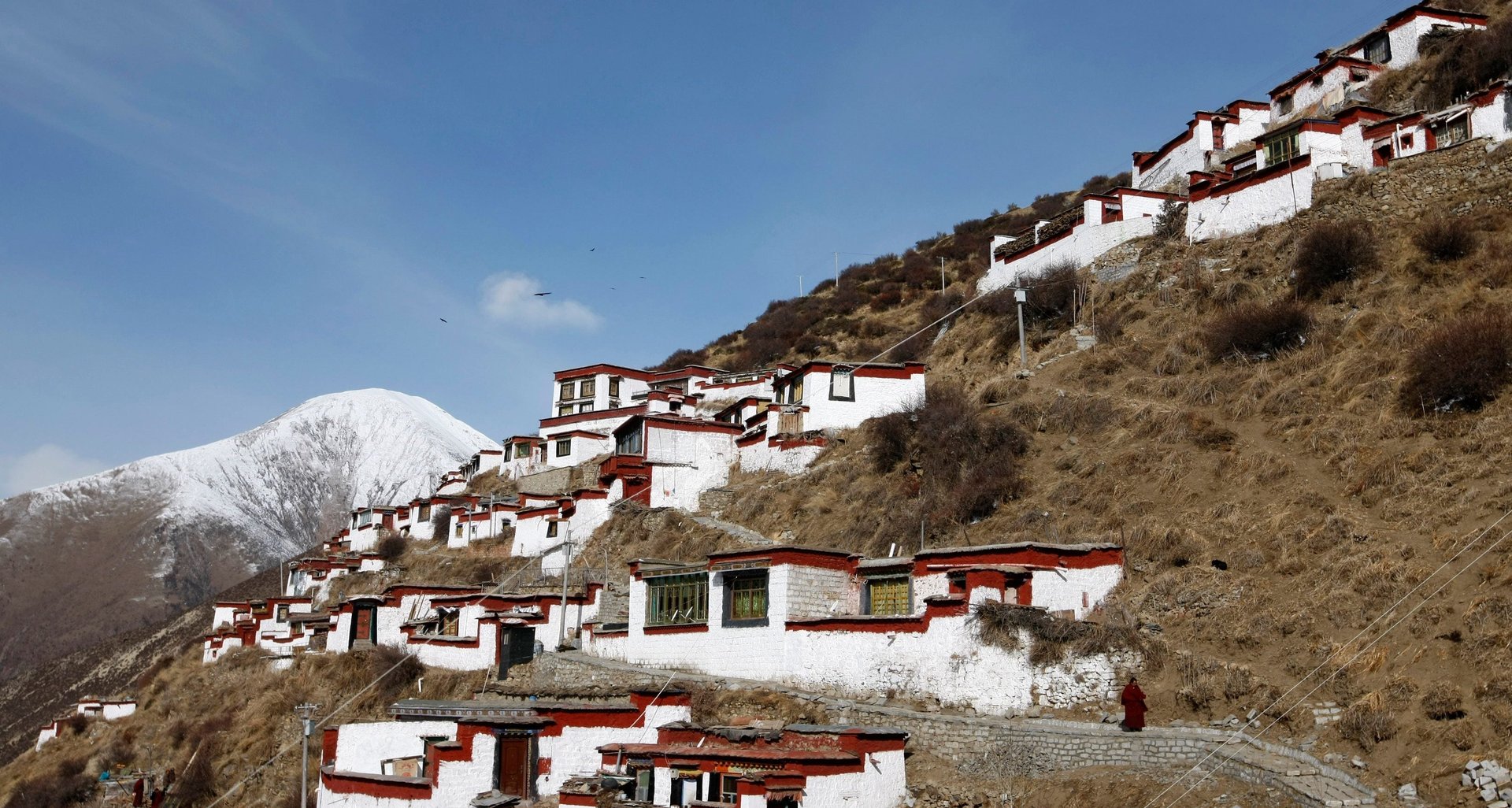China’s ambassador to the US says altitude—not restrictions—is keeping journalists out of Tibet
In an era of ever tightening restrictions on journalists operating in China, the country’s ambassador to the US had an unlikely explanation for why people may be unable to enter politically sensitive areas such as Tibet.


In an era of ever tightening restrictions on journalists operating in China, the country’s ambassador to the US had an unlikely explanation for why people may be unable to enter politically sensitive areas such as Tibet.
During a lengthy interview of ambassador Cui Tiankai by US broadcaster NPR, host Steve Inskeep of the Morning Edition program asked whether China was willing to display greater openness to scholars with views deemed unsavory by Beijing or journalists who wanted to visit places such as Tibet. Cui said that China was “open” to these people, with the following caveat:
Of course, for some other places like Tibet because it’s very high altitude and the climate could be very tough there.
Inskeep responded that Americans could surely handle that because there are also high altitudes in the US. Cui reiterated his point:
Well, not everybody could quickly get used to such climate and natural conditions. Even for Chinese. Many of them would not feel very well once they are there… we have to protect the local environment. We should have some limit on the number of people outside visitors every year. Otherwise the burden on the environment will be too heavy… If we can take good care of all these things we certainly welcome American visitors to go there.
Cui added that the Chinese government was in the middle of organizing a visit by Terry Branstad, the American ambassador in Beijing, to Tibet.
However, when Inskeep asked whether Branstad would be allowed to visit the far western, Muslim-majority region of Xinjiang, Cui provided a much more diplomatic response. While the entire country was open to the world, Cui said, Xinjiang posed a particular difficulty because of terrorism, including groups that want to “create a situation like the ISIS.” When pressed to comment on reports that hundreds of thousands of Uyghur Muslims in Xinjiang are being incarcerated in camps there, Cui once again carefully refused to either admit to nor deny the existence of these camps, instead toeing the Chinese government’s line that Uighurs are being re-educated (paywall) to “learn skills” and to prevent them from adopting extremist ideologies.
The Chinese ambassador’s responses were predictable, but are inconsistent with the reality that access to sensitive areas such as Tibet and Xinjiang is becoming near impossible, and not just for journalists.
Foreigners trying to travel to Tibet have for years required special permits, and only group travel is allowed. The restrictions were imposed in 2011 shortly after unrest broke out in the region against Chinese rule, with officials then justifying the restrictions with safety reasons and weather. And for journalists who do manage to get into Xinjiang, coverage of the mass incarceration of Uyghurs there could even lead to expulsion from the country—Beijing recently refused to renew the visa of a BuzzFeed reporter who reportedly extensively on Xinjiang, for example. A reporter for Canada’s Globe and Mail newspaper was also detained last year when reporting there.